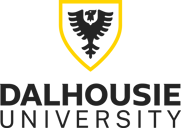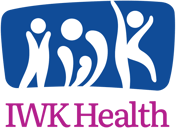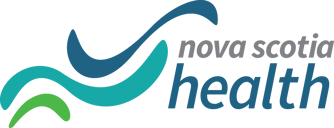Is your child eligible for the Nova Scotia RSV Prevention Program?
CCfV is conducting a study that will collect samples and health information to look at infant RSV protection levels after receiving the current RSV prevention drug (nirsevimab).
Purpose
The purpose of this study is to collect data before and after the administration of nirsevimab to high-risk infants in Nova Scotia to:
- Determine the development of RSV immunity how the body deals with RSV once the infant have received nirsevimab) after 1 year.
- Record the health of the infants (such as admission to the hospital, wheezing) after 1 year.
- To measure the development of the immune system (body’s defense) after 1 year.
About the Study
RSV is a germ that can cause infections of the breathing tubes. Most RSV infections just result in symptoms similar to a simple cold (such as a runny nose, sneezing and cough). However, RSV infection can be more serious in young babies, whose lungs and breathing tubes are still very small and whose body’s defense cannot fight germs very well and those born below their expected time or with certain lung or heart conditions.
In past years there was a drug called palivizumab that was given monthly to children at increased risk to get sick from RSV during the winter season (October to March). In April 2023, Health Canada approved a new drug called Beyfortus TM (nirsevimab) to prevent RSV. This drug was shown to provide protection with just one injection. This replaced palivizumab as part of the Nova Scotia RSV Prevention Program in the winter of 2024, but it was only available to high-risk infants such as those who were born very premature or with heart or lung issues. Nirsevimab is available to all infants during the 2025-2026 winter season.
Participation Criteria
Infants less than 8 months of age are eligible for the Nova Scotia RSV prophylaxis (prevention) program when they are entering their first RSV season October 15, 2025 to April 28, 2026.
Participation Details
Children eligible for nirsevimab in Nova Scotia will be invited to take part in this study. Approximately 30-40 children will take part at the Canadian Center for Vaccinology (CCfV) located at the IWK.
Children in the study will receive the nirsevimab as you normally would as part of their usual care.
A blood sample and optional nasal swab will be taken before the nirsevimab is given (within 2 weeks of nirsevimab administration) and about 1 year after to measure the RSV immune response and maturation. Study staff will collect participant’s medical history before and one year after their injection and record their health outcomes after about 1 year.
| Visit Day | Visit Details |
| Visit 1*
Time: 30-45 minutes |
Informed consent
Record medical history, demographic information & review study eligibility. Blood sample & optional nasal swab |
| *Receive nirsevimab as part of your child’s usual care | |
| Visit 2
Time: 15-30 minutes |
Record medical history since Visit 1.
Blood sample & optional nasal swab |


